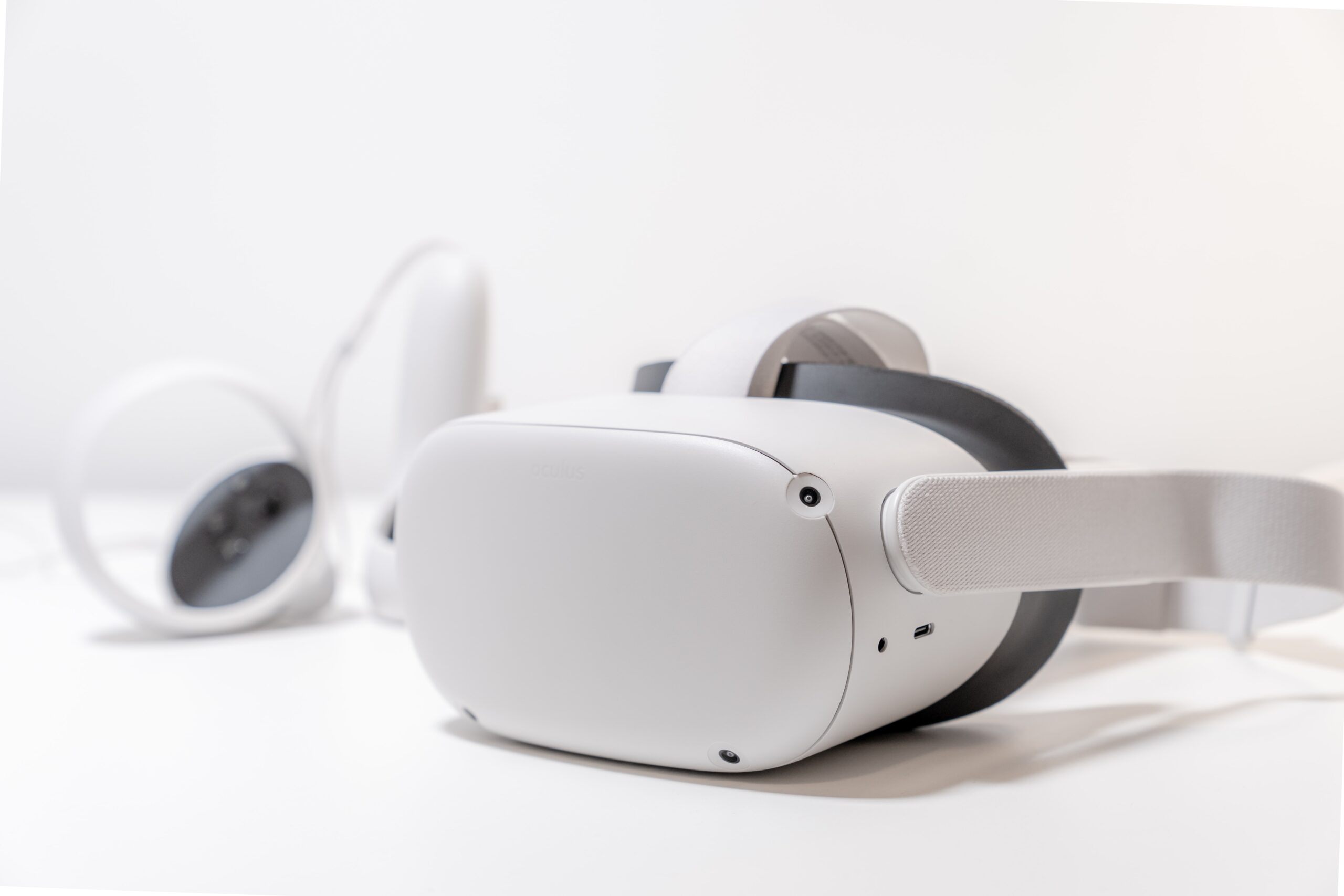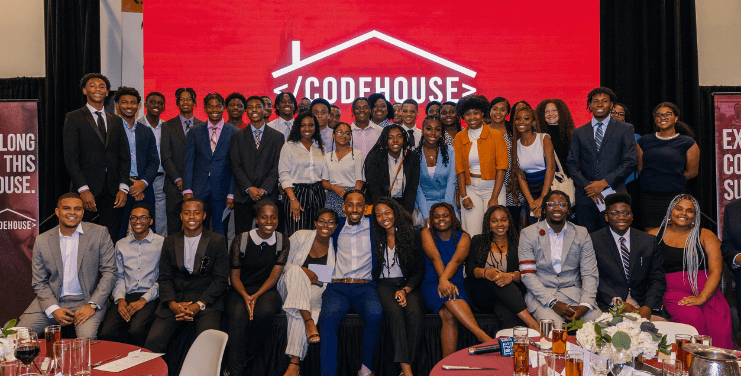Last week, the Information Technology and Innovation Foundation (ITIF) and the XR Association held the Augmented and Virtual Reality Policy Conference to explore the role of virtual reality (VR) technology policy and important areas of focus for policymakers. Several Black professionals provided insights from privacy in immersive experiences to suggestions for utilizing VR in equity.
“For extended reality (XR), it is progressive to disclose what my data is being used for,” Nobel Ackerson, President of CyberXR, a company addressing diversity inclusion in cybersecurity and extended reality XR domain, said at the conference.
Black Americans are 60 percent more likely to believe that the government is tracking their online activity than white Americans (43 percent), according to a 2019 Pew Research report. Black respondents were also more than twice as likely to suspect that their offline activities were also tracked.
The report notes that 69 percent of Black Americans say they have control over their information across platforms. White Americans feel they have less control over their information at 50 percent compared to Black and Hispanic Americans.
Forty-seven percent of Black Americans think all or most of their activity is monitored by the government, compared to 19 percent of white adults. Additionally, Black Americans were 20 percent more likely to have had someone try to fraudulently open a line of credit or apply for a loan in their name in the last year.
Companies and Black users are using VR technology to bring more awareness to race, diversity and culture.
Developers have used VR to portray social issues such as “ I Am the Man”, an experience in 1960s civil rights marches according to an Axios report. “I Am A Man” creator Derek Ham is designing a new VR project based on the Negro Baseball Leagues. “1,000 Cut Journey,” is another VR simulation that lets users see the everyday situations of modern racism. The immersive experience takes users through discrimination as a Black male during both adolescence and adult life in school, the workplace and encountering the police.
Vantage point, a company lifting organization efficacy, is using VR to teach Fortune 500 companies and schools about racial discrimination and inequality. The company has been shipping VR headsets to clients during the pandemic.
Tech startup Talespin released similar VR implicated bias training courses where users are put in inclusive hiring scenarios and identify discrimination. A 2020 PwC study found that VR training is cost-effective and participants can learn and focus quicker.
Policymakers and companies are working to provide recommendations to integrate VR for equity and inclusion in the workplace.
The Partnership on Employment & Accessible Technology (PEAT), a partnership with The U.S. Department of Labor’s Office of Disability Employment Policy (ODEP), released an executive report on bringing accessible XR technology to emerging fields. The report explains that companies that hire and keep disabled workers can earn 28 percent more revenue. Workers without disabilities can succeed as well with the features such as volume control, captioning voice commands and different ways to interact with a tool.
Pre-existing laws like EU General Data Protection Regulation, Europe’s new data privacy and security law, and California Consumer Privacy Act (CCPA) are privacy structures to establish more VR and XR specific laws in the U.S.
Some policies like CCPA have been using makeshift rules like California-specific disclosures, general-purpose access and opt-out portals and generic privacy policies that say nothing about the company’s XR specific practices, according to the global information privacy community and a resource Iapp report.
XR technology is being utilized in laws like the Health Insurance Portability and Accountability Act (HIPAA) that improve the efficiency and effectiveness of the healthcare system. XR and VR technology can also be put to use in labor laws in training employees, according to a law.com report.
The report notes suggestions that could be enough because there is not much traction in Congress to make XR and VR specific laws. Right now VR progression is happening state-by-state, but more legislation could come as the emerging technology industry grows.
The report suggests that self-regulation is another option in creating industry standards in an independent body. Industry standards will be uniform metrics and more efficacy without many standards. This may not be enough as mass advertising will start in VR environments with few regulations of what kinds of data can and cannot be used.
The general public expects laws and protections in new technology but the expectation outweighs what actually happens, according to the World Economic Forum report. The response can lead to either overusing antitrust laws or broad privacy rights.
The U.S. leans on litigation to establish functional boundaries on behaviors, resolve disputes and interpret laws. New enforceable laws take longer to create and go alongside societal norms and expectations chosen by judges with different levels of XR technology familiarity.
Organizations like ITIF and the XR Association are advocating for better legislation for emerging technologies. Understanding the past technological issues and providing structures for companies using new XR and VR technologies can increase equity for Black Americans in the workplace, legislation and beyond.








